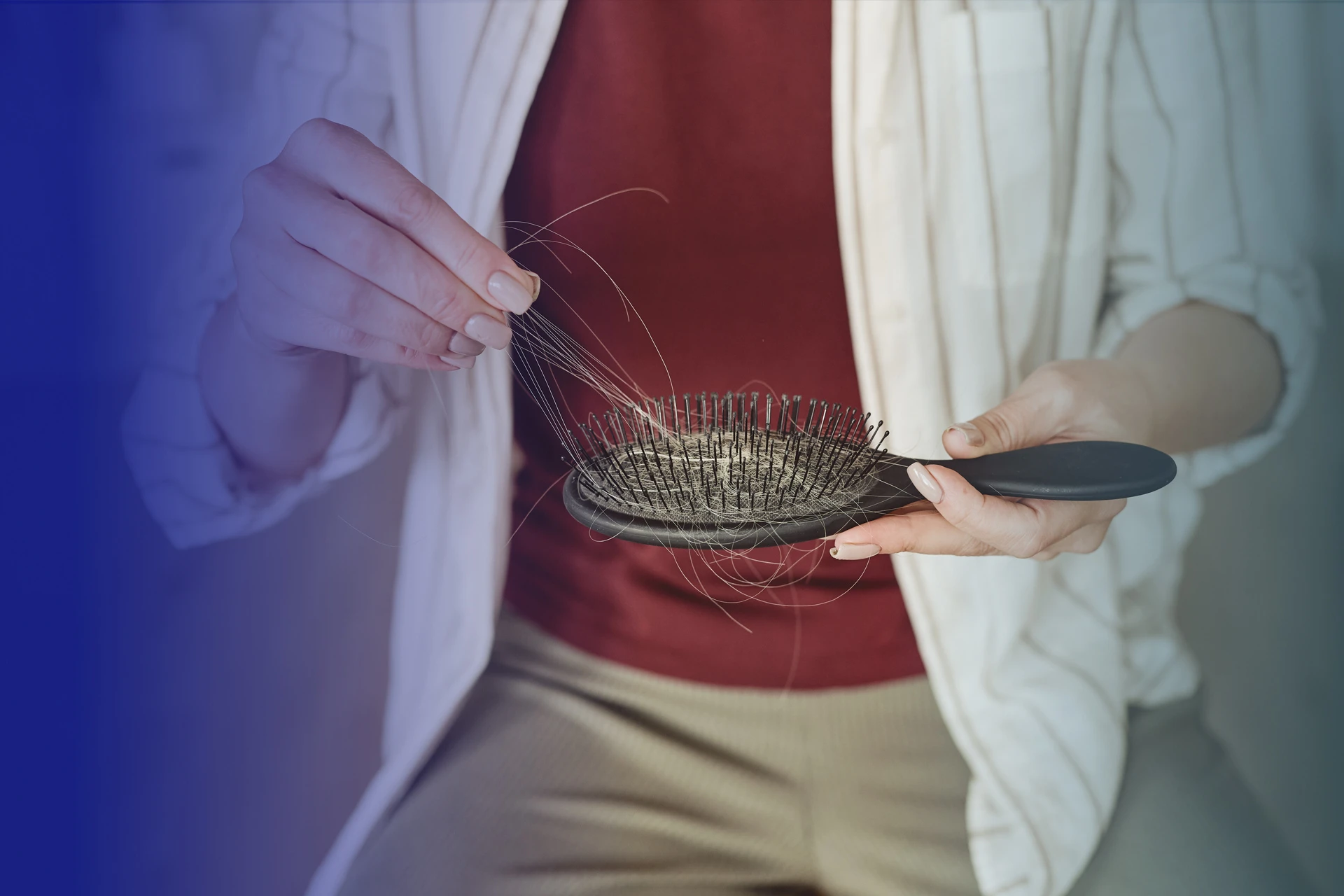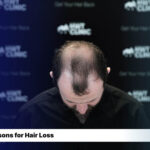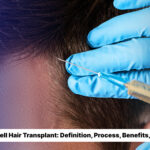
Table Of Content
While it is normal to lose around 50 to 100 hairs per day, especially in warmer weather, losing more than that can sometimes be a symptom of something requiring further medical investigation. It is therefore important to consult a doctor or GP before visiting a specialist clinic, as you need to know what can cause hair loss before addressing the issue itself. There are different ways of treating a calcium hair loss, STD hair loss or fungus hair loss, for example, to monitoring other diseases that cause hair loss. Hair transplantation stands out as a good solution for a permanent solution to hair loss problems. By having a Turkey hair transplant, you can end permanent hair loss caused by hair loss. If you are considering having a hair transplant in Turkey, Turkey hair transplant costs will be an attractive option for you.
Turkey is renowned for its affordable and high-quality hair transplant procedures, attracting thousands of international patients each year. Turkey hair transplant cost is notably lower compared to many Western countries and this cost advantage, coupled with the country’s advanced medical facilities and experienced surgeons, has made Turkey a top destination for individuals seeking effective and budget-friendly hair restoration solutions.
This is another term for male or female pattern baldness and is one of the more common hair fall reasons. It is normally genetic, with men seeing the first signs of loss around the temples and females from the crown. It can happen any time after puberty, but is more common amongst older people. A different version of this is alopecia areata and is caused by the hair being pulled back too tightly, for example in ponytails, braids or by having hair extensions put in.
Some women can also experience hair loss during or shortly after pregnancy, due to changes in oestrogen levels. Usually temporary, the problem tends to correct itself by or before the first year. Care should be taken to use shampoos and conditioners designed to help boost fine or thinning hair and women are urged to see their doctor if they are concerned about the after-effects, or think that they may additionally be affected by one or more illnesses that cause hair loss.
This is the medical term for hair that remains in the telogen, or natural shedding phase of its routine growth cycle for too long. It can be caused by severe stress, sudden weight loss, surgery, thyroid issues and some medications. It is advisable to a doctor to check out the underlying causes, but this usually resolves over time. Sometimes, a doctor will change medications to mitigate against this symptom.
This is a similar condition that causes larger amount of hair to fall out, but during the anagen, or growth part of the hair cycle. It can see patients losing hair from the head and other areas, including eyelashes and brows. It can also be caused by chemotherapy and radiation, as well as fungal infections and autoimmune conditions. A cooling cap can be worn during chemotherapy sessions to try and slow down the hair loss by lowering the temperature of the scalp. Hair tends to grow back between three to six months after stopping chemotherapy treatment.
Not getting enough iron or other nutrients can also affect hair quality and is another of the most common causes of hair loss for men and women. People who follow a more extreme diet (e.g. one that is too low in protein) can sometimes find themselves not taking in enough of a certain mineral or food group that they need to retain a healthy scalp and hair. A lack of iron can also cause hair loss, along with anaemia and this can be checked by a simple blood test. It can be treated with iron supplements and by introducing more iron-rich foods into the diet, such as dark, leafy vegetables, red meat, dried fruit or beans.
While chemotherapy is a well-known treatment that can cause hair loss, many other medicines and treatments can also affect the hair, follicles and scalp. Blood thinners like warfarin can cause hair loss in some patients, as can anti-depressants, beta-blockers, acne treatments and cholesterol-lowering medication. You must never stop taking any drugs that have been prescribed by a medical professional without consulting them first for the best course of action to take, and certainly not without establishing a plan for your change of medications.
There are a number of fungal infections that can lead to temporary hair loss, including ringworm or tinea capitis. Symptoms can manifest themselves as small bald spots that get larger if left untreated, brittle hair that can break easily, blisters on the scalp, itchy, red areas and patches that have a red ring on the outside with the inside looking like normal skin. Ringworm is not usually too serious and can clear up on its own, but it might be preferable to get a doctor to prescribe an anti-fungal medicine to speed up the healing process.
While hair loss can sometimes be a symptom of another illness or condition, there is still plenty you can do to keep your hair as healthy as possible to try and ward off any thinning or loss. Try to reduce stress in your life as much as possible and eat a balance, nutritious diet with plenty of proteins, fats and minerals, including calcium. Use a lighter shampoo and conditioner and avoid tight or overly complex hairstyles, limiting the amount of heat used to style hair to avoid breakages or burns




